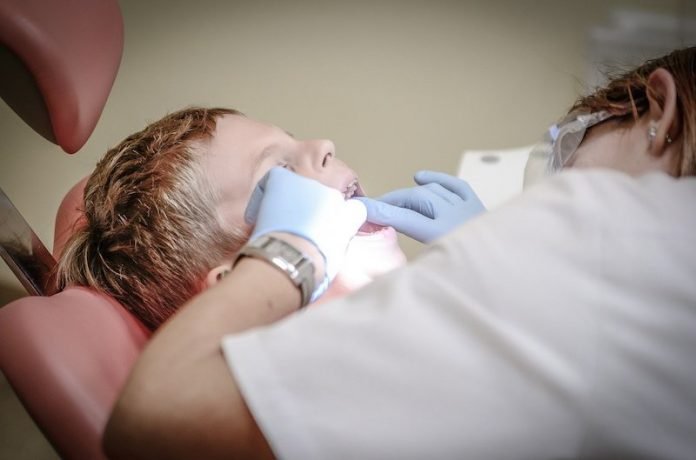
A good night’s sleep plays an essential role in regulating brain health by removing the waste material and toxins that accumulate.
Although many things can disturb sleep, one of the most common causes is snoring or other breathing issues that cause obstructive sleep apnea.
In a new study from The University of Texas at Dallas, researchers examined the link between breathing rate during sleep and cognitive function, and how a snoring intervention affects brain health.
The team discovered that maximum breathing rate can be used to distinguish healthy individuals from people with mild cognitive impairment and those with Alzheimer’s disease.
The researchers also found that a dental device to reduce snoring improves cognitive function in individuals who suffer from mild cognitive impairment.
The team tested 18 individuals aged 55-85 with a history of snoring. About one-third of participants had mild cognitive impairment and another third had Alzheimer’s disease.
To examine how breathing rate relates to an individual’s cognitive function, participants slept at home while portable recorders collected data on their breathing rate, heart rate and snoring.
Clinicians from the Center for BrainHealth assessed the participants’ memory, executive function, and attention.
The team found that the maximum breathing rate during uninterrupted periods of sleep can differentiate healthy individuals from individuals with either Alzheimer’s disease or mild cognitive impairment.
Determining breathing rate is cheaper and faster than other existing assessments for measuring an individual’s cognitive function and could be an effective testing alternative.
The researchers also looked at whether the myTAP oral appliance, which snaps into the mouth at night to prevent snoring, affects breathing rate and cognitive function.
For four weeks, participants wore the device at night, and snoring decreased.
After the intervention period, cognitive function—especially in the domain of memory—no longer differed between healthy individuals and individuals with mild cognitive impairment.
This suggests better sleep improves cognition in individuals with mild cognitive impairment.
The team says if researchers can make significant changes for individuals with mild cognitive impairment, they can slow the onset of Alzheimer’s disease.
If you care about Alzheimer’s disease, please read studies about this mental problem that is risk factor for Alzheimer’s disease and findings of this diet that may prevent or even reverse Alzheimer’s disease.
For more information about sleep health, please see recent studies about the science on 3 traditional bedtime remedies, and results showing that this sleep supplement may help prevent memory loss, cognitive decline.
The study is published in Geriatricsby. One author of the study is Sandra Bond Chapman, Ph.D.
Copyright © 2021 Knowridge Science Report. All rights reserved.



